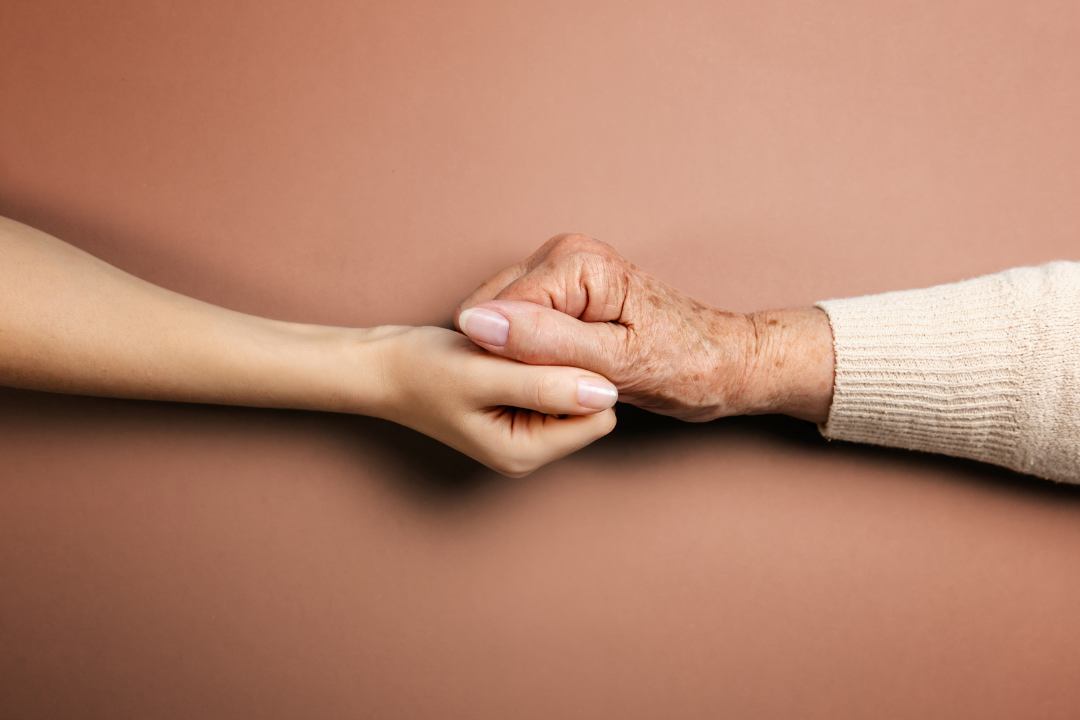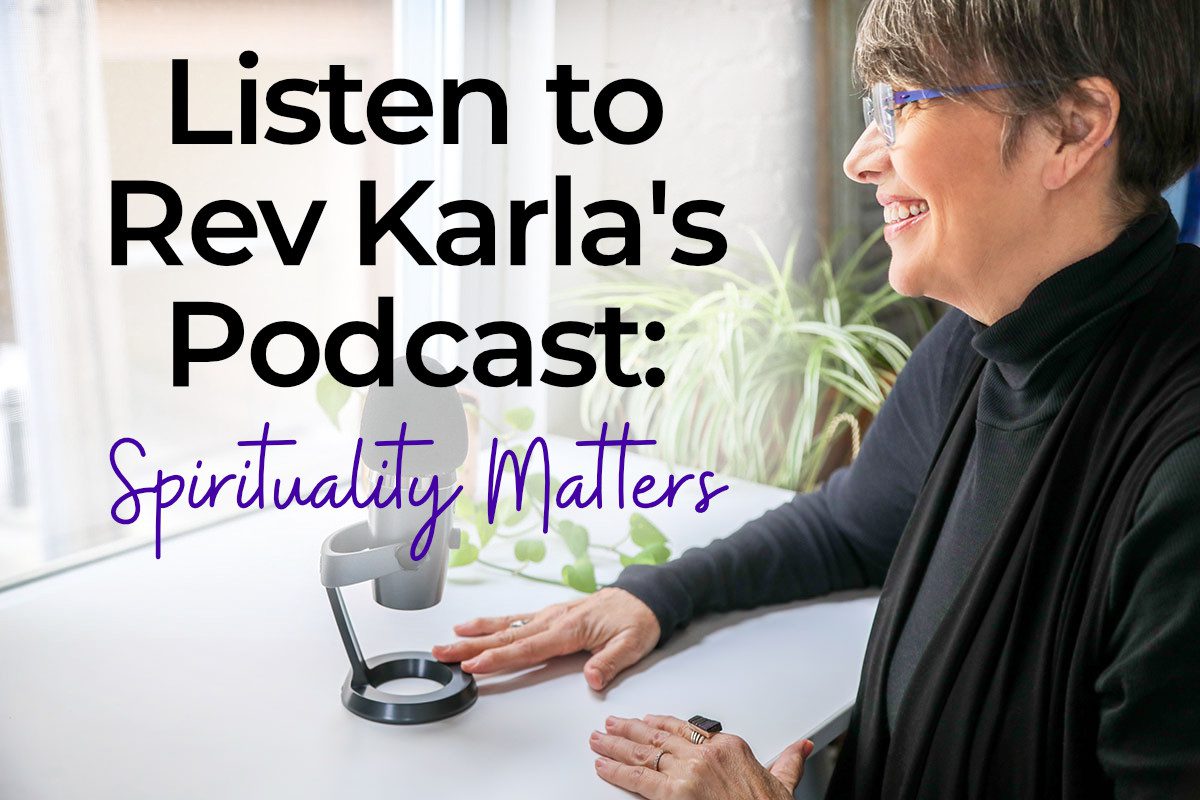
I’m convinced my grandmother died with sermons in her heart that she was never allowed to teach.
The video is simple in its creation, lending to the overall impact of its message. A young man in his 20’s with a handkerchief over his head to symbolize the character being portrayed is a woman. A handkerchief or a strategically placed wash rag has become the perfect wardrobe accessory in the TikTok world, proving once again that TikTok has changed the world in compelling ways. At the very least, it has revealed to us our creative sides as well as our love for storytelling.
He’s positioned in the screen to appear to be speaking to someone off-camera, and he’s digging into an incredibly over-sized purse, the kind that could store 3 boxes of Kleenex, a water bottle and a small Honda. He pulls out a white envelope and appears to be shuffling through it for dollar bills, signaling to the person off-camera to keep that shirt in their hands because “I like that one, that’s pretty, here let’s get that for you.”
The words floating above his head weren’t necessary for his audience, because we all recognized our own stories being played out right in front of us.
Those words—the “someone’s unemployed, retired grandma grabbing her envelope of money to buy you something” turned out to be all of our someone’s grandma. The comments flooded in as people shared their own “grandma and the envelope” stories, accentuating the loss this video was invoking with broken hearts, angel halos, and crying eyes emojis.
Somehow in 15 seconds, this young man had unlocked a memory that invited sorrow to burst forth, and I too accepted its invitation.
But not in the comments and not with emojis. That’s not my style. My first reaction is to retreat into a place where no one is allowed to go with me. I’ve learned—once again through the magic of TikTok—that retreating is a trauma response to ensure that in high times of vulnerability no one can hurt you.
Perhaps, but it has served me well for 61 years, and today wasn’t the day to psycho-analyze my response to a rising pain of the heart.
Today was going to be a day that I utilize the resources I have to allow this grief to come sit beside me for a time while I listen to its wisdom, cry for a presence long gone from my life, and be reminded who I am because she was in it.
She had that envelope, the oversized purse, the desire to help others, and not a dime to her name by the end of each month. That often meant that family members had to step in to ensure bills were paid that would keep a roof over her head, a cycle that would continue until her final years. That’s just who she was—a horrible manager of money, a heart to help others, and a penchant to be taken advantage of.
I’ve never pretended she was perfect. We went months without speaking during a season when I had to advocate for another in my family who was too young to be his own advocate. Her generation's indoctrination taught her that family comes before anything else, while my generation was beginning to understand that the voiceless needs an advocate regardless of family ties.
I’ll invite you back to that point in this story to better understand why I retreat, for in patriarchal systems, there is nothing—or no one—more important than protecting the system of patriarchy. It must be protected at all costs, even if that means exposing the least of us to its harsh edges and unspeakable cruelties of the world.
This was the reality of our relationship. We’d dance beautifully for a season, where I was her constant companion at church, her assistant when she would deliver her hand-made flowers to a wedding, and her table mate as she drank her morning coffee. We both were members of the 3 a.m. club, and it isn’t lost on me that this is the hour that these words are finally coming forth.
But inevitably something would arise that would remind us that we are from different generations. I didn’t understand it, nor did she have the words to define it. It just was. Women knew their place in this world. Children were seen and not heard, and men were the ultimate power in family, politics and church.
And church we did, like every week without fail, and that is where her voice comes in. While the choir was filled with the soft, melodious and angelic sopranic voices, my grandmother belted the ol’ time gospels with a vocal range of a seasoned baritone. I didn’t understand this anymore than I did the systems that directed our lives. All I knew was my grandmother’s voice didn’t sound like the melody coming from the choir.
Even more interesting to me was that she didn’t seem to care. She belted those songs with a passion for Christ like no other, while I stood beside her, caring more about listening to her singing than contributing to the joyful noise made by God’s people gathering in worship.
It would be years before I finally accepted that I had the same bellowing low vocal range as my mother and grandmother. And it would be a few more years before I accepted and even appreciated that this deep rich voice is a gift. It may not be a voice for singing, but it is an incredible voice for teaching…
and preaching.
Which makes me the saddest of all for my grandmother and what was denied to her. Not because my grandmother didn’t have a good life. She did. But she had a life that was constrained by a patriarchal belief system that said her brothers could preach, but she couldn’t.
Looking back, I now see what should have been obvious to all of us. I’m often compared to the preachers in my lineage who came before me—all males. When in reality, the one who had the most potential, the one with the fire in her tummy, and the one who could preach the lights out, sat silently each Sunday while the male preacher preached the Word.
That Word said she should submit, be silent and serve those men with gladness in her heart.
She never stopped carrying water for a patriarchal system that she believed was God-ordained. She never questioned that the money she carried in that envelope was never intended to improve her life. It was there to ensure that she’d never forget that she couldn’t exist without it.
I think toward the end as the veil between this life and the next began to thin, the veil that covered her own eyes began to thin. She was no longer the staunch Southern Baptist. She took pride in my work in other Christian denominations, and she could see that I was questioning my faith. Instead of chastising me, she listened.
And we continued to dance, she from a dying generation that will soon be forgotten and I recognizing the flaws in mine. I’m convinced she died with sermons in her heart she was never allowed to preach and teachings she was never allowed to teach.
But I am, because I stopped waiting for permission.
That part of me that is fire and brimstone is her revealed to the world in a way that incinerates generational curses and ensures that women coming after me will not be subjected to the ridiculous notion that women are inferior because someone decided to weaponize scripture from thousands of years ago and say it’s “God’s will.”
I want nothing to do with that God.
For her and so many others from her generation who didn’t have a choice, I preach.
And I teach.
And all the people said, “Amen.”


